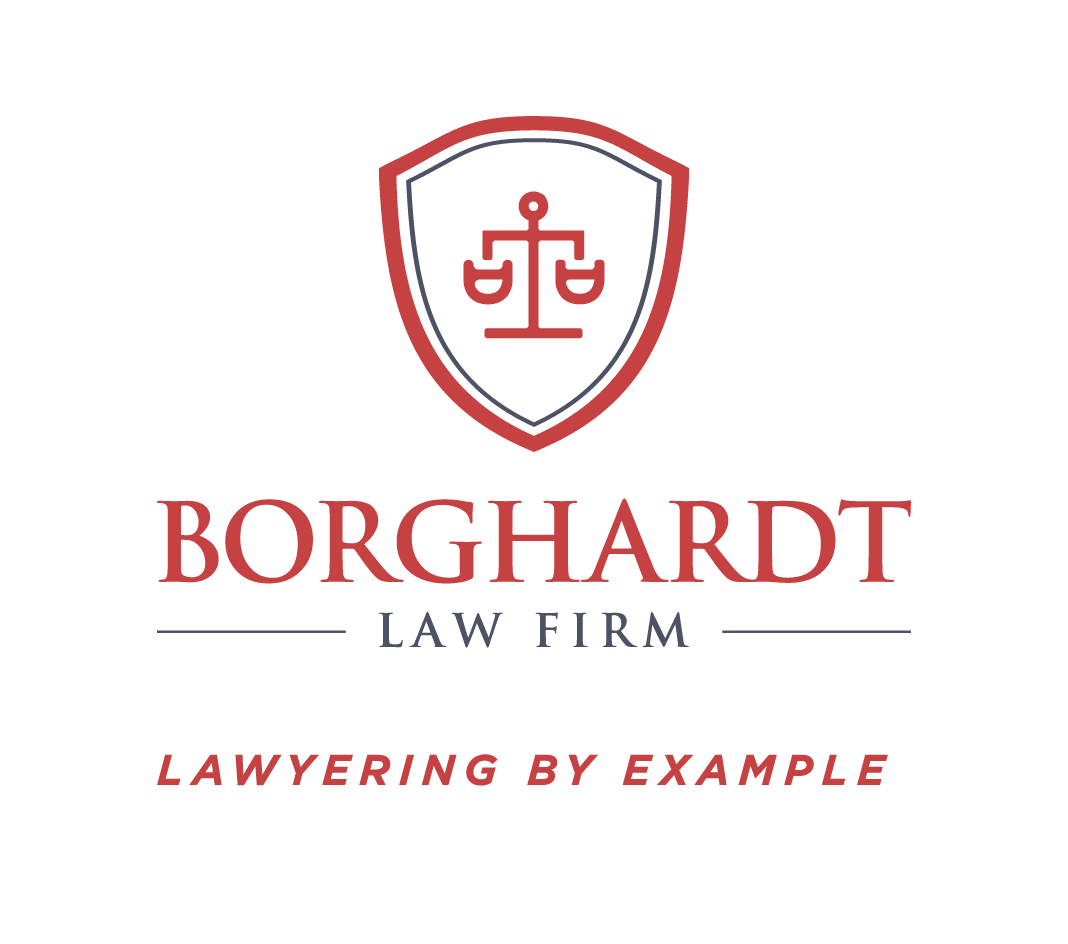What You Need to Know About Protective Orders
What is a protective order?
A protective order is a legal device that allows someone to ask a judge to order someone to stop doing “something.” Most commonly, such an order is based on a “stay away” or “no contact” request. This is a request that asks a court to order someone to have no contact with the petitioning party either directly or through their agents. It starts with the filing of a petition to a court requesting a temporary restraining order until such time that there can be a court hearing to determine whether or not there is sufficient evidence to issue a protective order. If the court issues a protective order, then it will also decide its duration. A protective order petition alleges that unless the court issues this order, there will be immediate and irreparable harm, loss, or injury. Examples: Someone will be seriously abused or harmed such that their life will be in danger or something might be destroyed unless the court issues the order. Many protective orders arise from domestic violence. Some protective orders require the defendant to file the order in a state registry.
What’s the proper court for a protective order?
Protective orders can arise in civil and criminal courts. In civil court, if the parties are married or in a relationship, even if just having gone on a date, then the request for a protective order is considered “domestic” in nature and there are specific laws that govern those order requests. If there is no relationship between the parties, the protective order is considered strictly “civil in nature.” Sometimes protective orders are issued in connection with a criminal proceeding. If someone accused of a crime bonds out, the judge may require the defendant to have no contact with the protected party as a condition of bond.
What is the effect of having a protective order?
An issued protective order requires someone not to do something. This may include having direct or indirect contact with someone. Louisiana law prohibits possessing a firearm during the existence of the protective order. The issuance of a protective order may have an effect on a divorce proceeding, that is, it might effect custody rights, child support, and the use of property. When the request for a protective order is connected to a criminal case, it is important to remember that anything you say in the protective order hearing can be used against you in the criminal case.
What happens if someone violates a protective order?
The penalties and consequences for violating a protective order vary depending on the nature and type of protective order. Sometimes a violating party may be held in contempt of court, which carries the penalty of a fine, court costs, and possibly jail. Sometimes a violating party may be charged with a crime if they violate a protective order. In a criminal proceeding, a violation of a protective order may cause a judge to revoke a bond.
Challenging Protective Orders
When a protective order petition is filed, the defendant is entitled to a court hearing to determine if there is sufficient evidence to warrant the court issuing such an order. For more information on protective orders, contact the Borghardt Law Firm here.
Franz N. Borghardt

